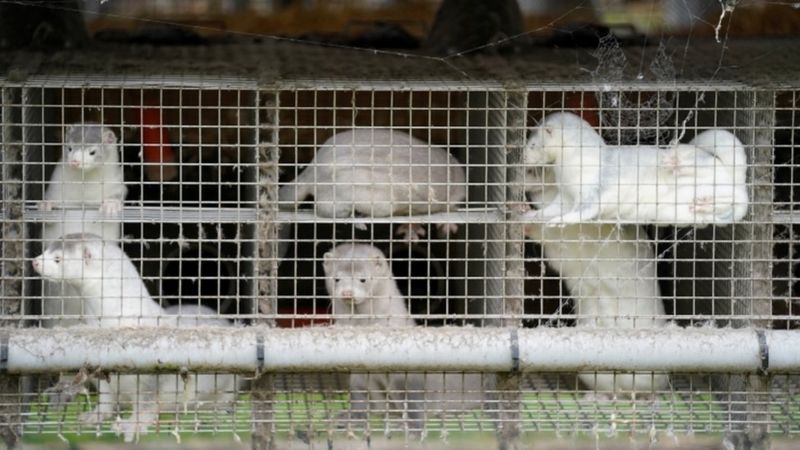AstraZeneca Plc and Oxford University has developed a potential COVID-19 vaccine that produced a strong immune response in older adults, hoping that it may protect some of those most vulnerable to the disease, data from mid-stage trials showed.
A data, reported partially last month and published within the Lancet medical journal on Thursday said that those aged over 70, who are at higher risk of great illness and death from COVID-19, while the researchers said they could build robust immunity to the pandemic disease.
Maheshi Ramasamy, a consultant and a co-lead investigator at the Oxford Vaccine Group said, “The robust antibody and T-cell responses seen in older people in our study are encouraging.”
ALSO READ| Oxford Covid Vaccine: AstraZeneca Expects Vaccine Data This Year
“The populations at greatest risk of COVID-19 disease include people with existing health conditions and older adults. We hope our vaccine will help to guard a number of the vulnerable people in society, but further research are going to be needed before we will be sure,” he said.
The researchers said, late-stage, or Phase III, trials are ongoing to confirm the findings and to test whether the vaccine protects against infection with SARS-CoV-2 in a broad range of people, including the underlying health conditions of people.
The first efficacy data from those phase III clinical trials is “possible within the coming weeks”, the Lancet report said.
The Oxford-AstraZeneca COVID-19 vaccine candidate, called AZD1222 or ChAdOx1 nCoV-19, had been among the primary ones in global efforts to develop shots to guard against infection with the novel coronavirus, or SARS-CoV-2.
A data has been released by the rival drugmakers Pfizer Inc, BioNTech and Moderna Inc that showed results from the late-stage that COVID-19 vaccine trials are more than 90% efficient.
Unlike the Pfizer-BioNTech and Moderna shots, both of which have used a new technology referred to as messenger RNA (mRNA), the AstraZeneca experimental shot is viral vector vaccine made up of a weakened version of a standard cold virus found in chimpanzees.











